Category: Babies
-
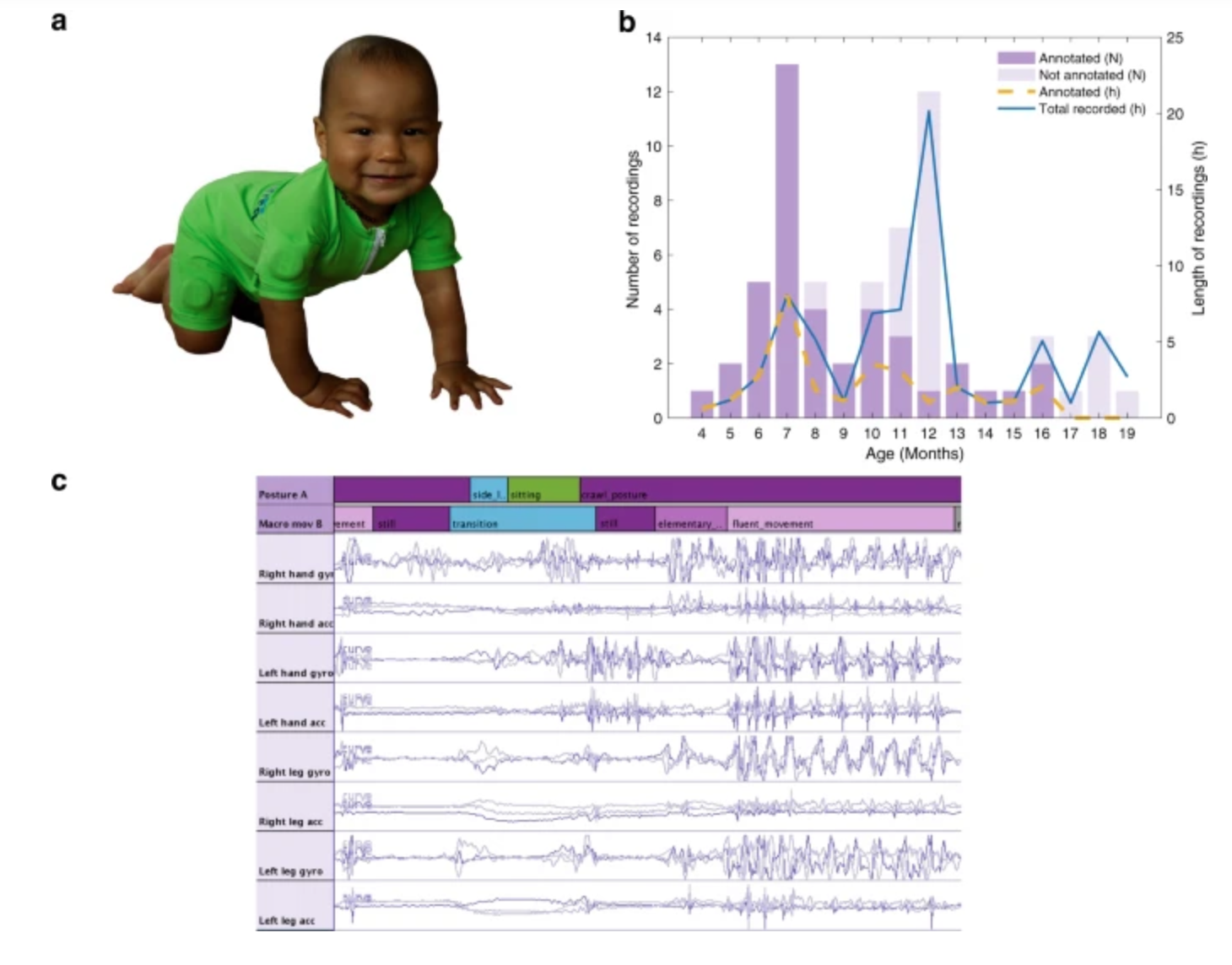
Sensor jumpsuit monitors infant motor abilities
Sampsa Vanhatalo, Manu Airaksinen and University of Helsinki colleagues have developed MAIJU (Motor Assessment of Infants with a Jumpsuit,) a wearable onesie with multiple movement sensors which they believe is able to predict a child’s neurological development. In a recent study, 5 to 19 month-old infants were monitored using MAIJU during spontaneous playtime. Initially, infant…
-
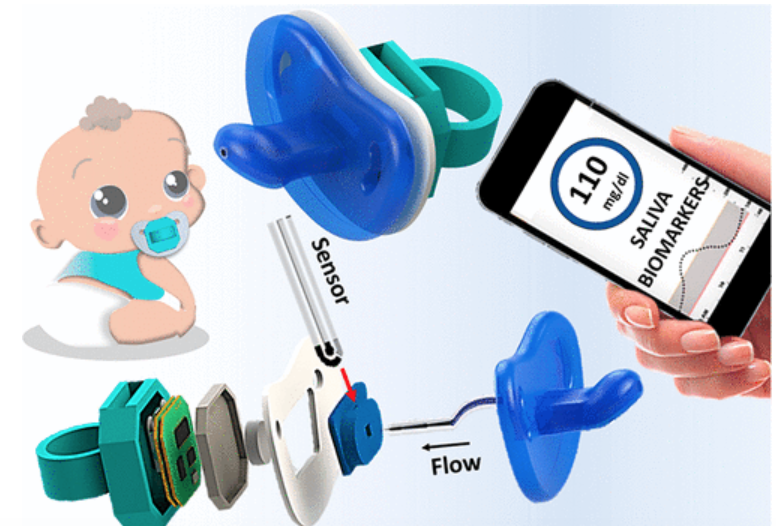
Pacifier sensor detects glucose levels in babies
UCSD’s Joe Wang has developed a soft, flexible, pacifier-based biosensor that continuously monitors glucose levels in saliva to detect diabetes in babies. Until now, continuous glucose monitoring in newborns, available only in major hospitals, requires piercing the infant’s skin to reach interstitial fluid. The team created a proof of concept pacifier where small amounts of saliva…
-
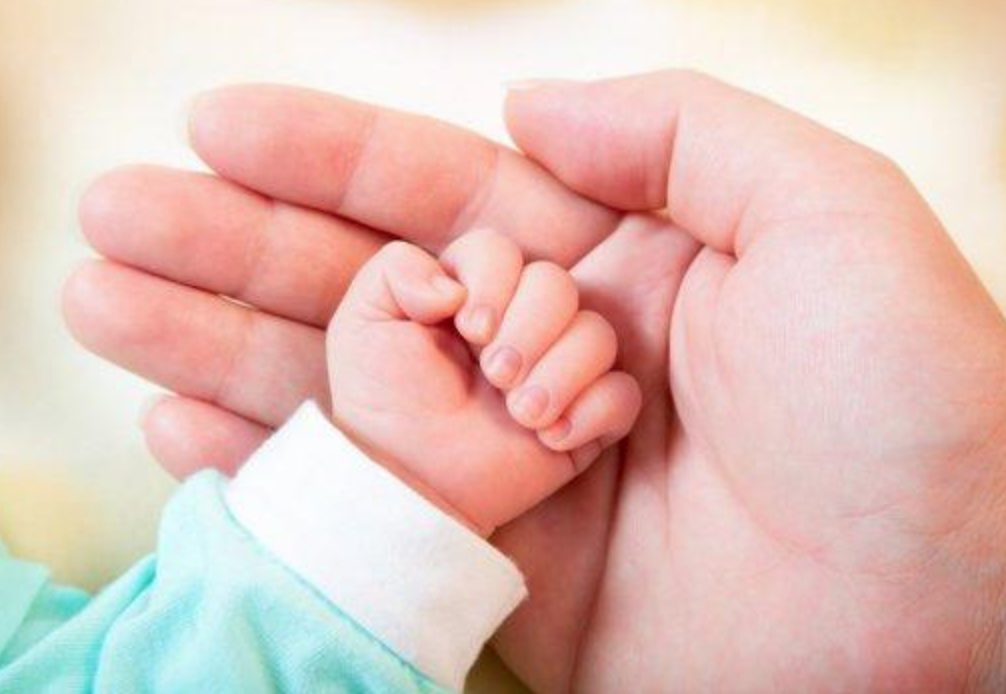
Wearable system detects postpartum depression via baby/mother interaction
Texas professor Kaya de Barbaro is creating a mother-child wearable system to detect and attempt to prevent postpartum depression. Mother stress levels are measured via heart rythm, and encouraging messages are sent. Mom wears the sensor on her wrist, and baby wears it on her/his ankle. The child’s sensor collects heart rate and movement data,…
-
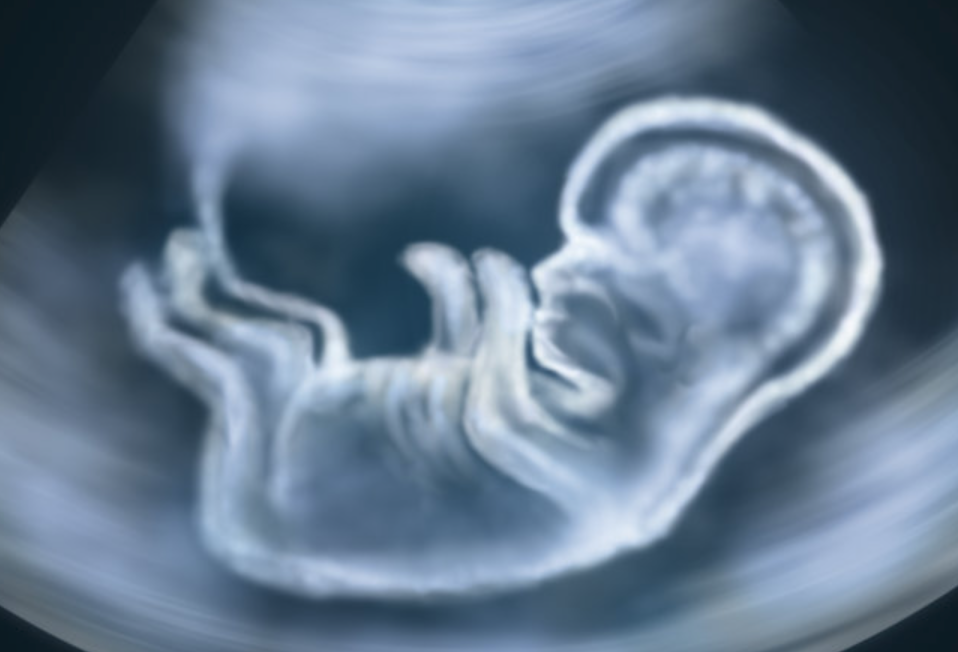
Wearable acoustic sensors track fetal cardiac activity, skeletal development
Acoustic sensors are increasingly used in monitoring fetal health. Imperial College’s Niamh Nowlan is using low cost, non-transmitting accelerometers and acoustic sensors to continuously track fetal movement to understand skeletal development. Acoustic sensors enable discrimination between the movement of the fetus and mother. Israel’s Nuvo Group is continuously monitoring fetal cardiac activity using acoustic sensors and ECG…
-
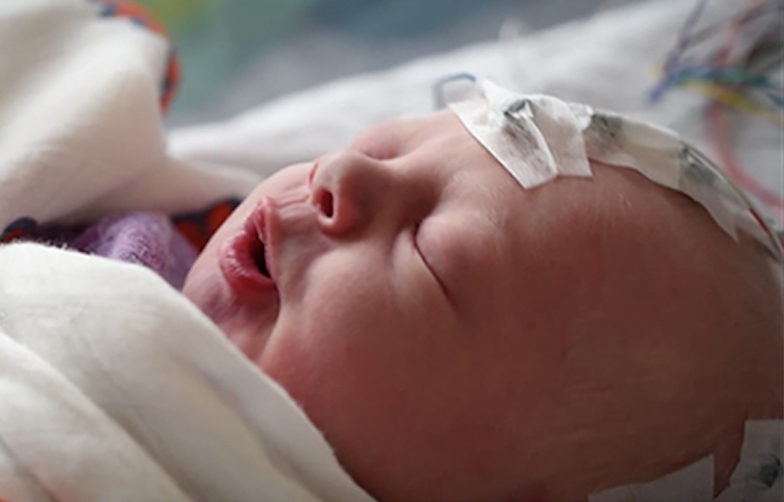
EEG detects infant pain
Caroline Hartley and Oxford colleagues studied 72 infants during painful medical procedures. Using EEG, they found a signature change in brain activity about a half-second after a painful stimulus. They seek to understand its use in monitoring and managing infant pain, as well as the use of EEG in adult pain treatment. EEG is more precise than current heart rate,…
-
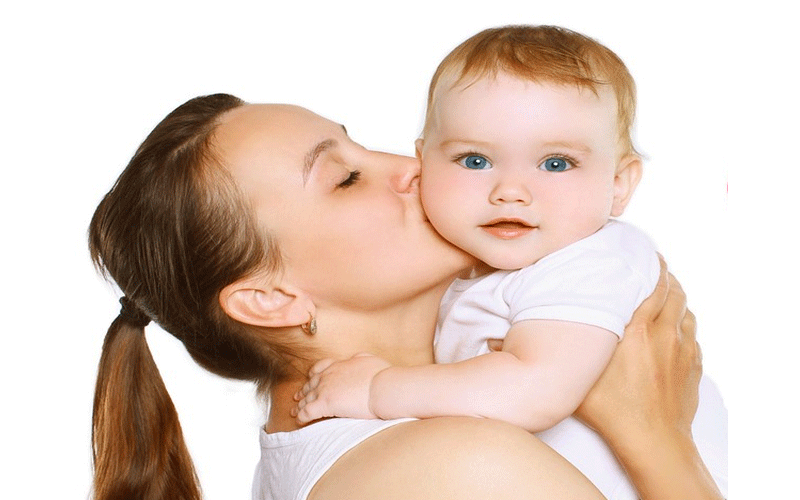
Baby wearable gauges development, suggests interactions
ApplySci predicts significant growth in the use of wearables for babies, toddlers, and pregnant moms. The Smilables system combines a baby-worn ankle bracelet with an app for parents that suggests structured interactions. The baby is monitored in real-time to identify the times that he/she would be most receptive to interventions. Caregivers are alerted throughout the…
-
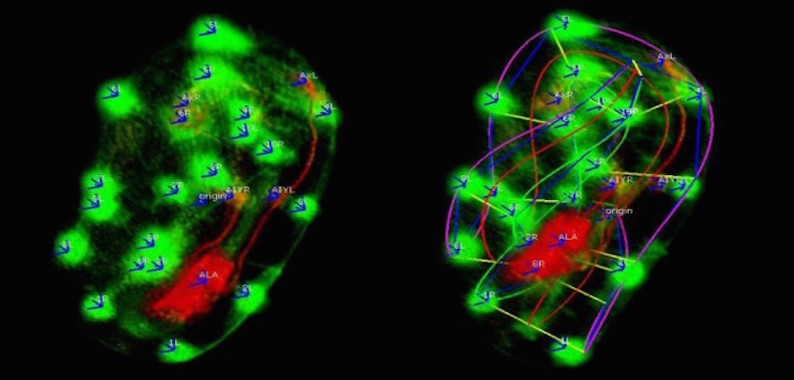
Toward embryo brain activity tracking
Hari Shroff and NBIB colleagues have developed open-source 3D software that might lead to the ability to track a human embryo’s brain activity and development. To date, the technology has only been tested on worms and will be part of a 4D neurodevelopmental “worm atlas” that attempts to catalogue the formation of a worm’s nervous system. Shroff believes…
-
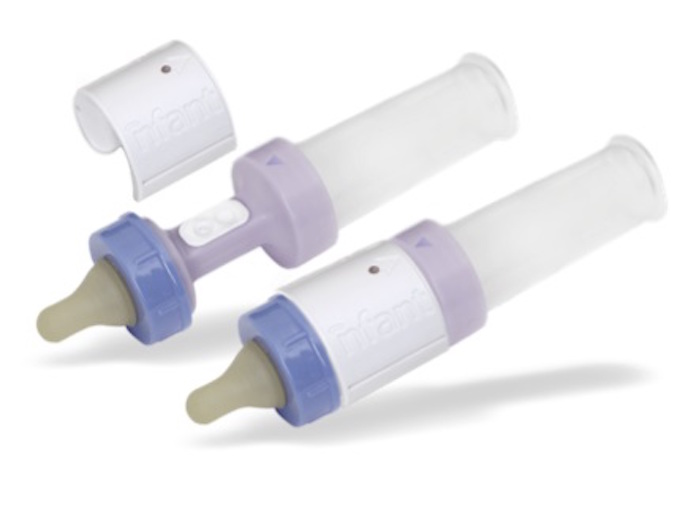
Smart bottle monitors infant swallowing
A smart baby bottle by nfant uses sensors to measure a baby’s tongue strength while feeding. Data is sent to a caregiver’s phone and stored in the cloud. Tongue movements determine whether a baby in the NICU has the strength to switch from tube to bottle or breastfeeding. ApplySci sees the opportunity for the next generation…
-
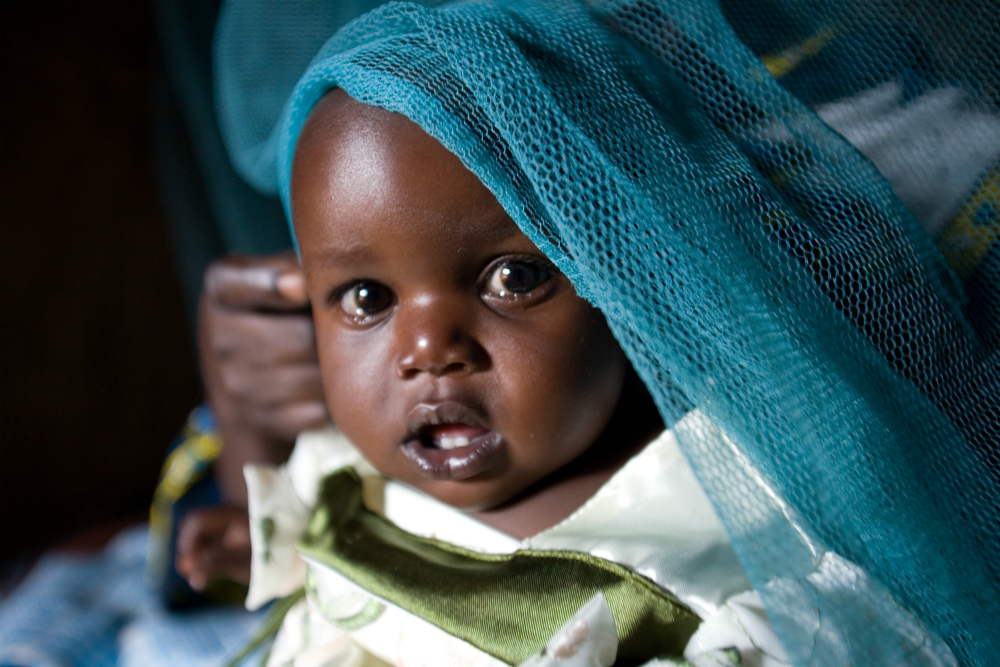
Wearable monitors newborns within 40 mile radius
WAAA! is a text-based neonatal surveillance system developed by David Swann of the University of Huddersfield. It is a finalist project of UNICEF’s Wearables for Good Challenge. Appearance, pulse, grimace, activity and respiratory data is captured, via a patch, during the first day of life. Any deterioration triggers an immediate text alert to a carer. Globally, more…
-
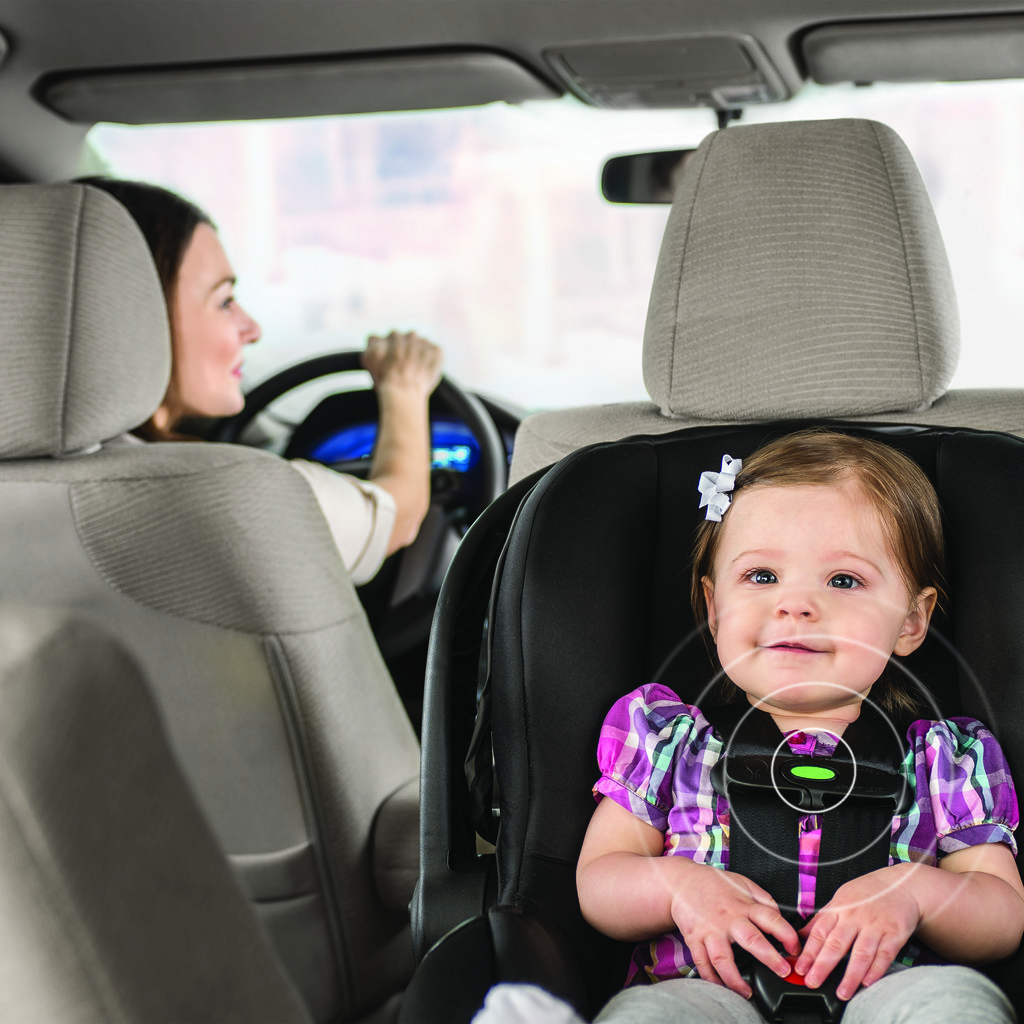
Simple sensor to prevent car-heat related deaths
All too often we hear about a baby, or person who is unable to speak for him/herself, being left in a hot car, and dying. ApplySci applauds Evenflo for creating a car seat with a very simple notification sensor that could prevent this. The Embrace DLX seat, with SensorSafe technology, generates a series of tones when a…
-
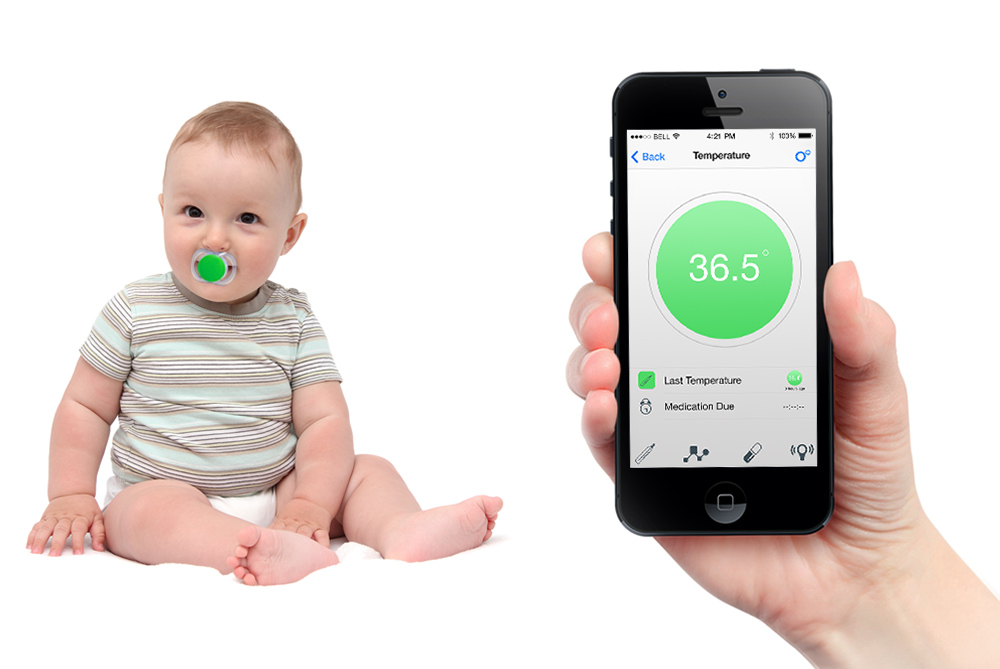
Smart pacifier monitors baby’s health and location
BlueMaestro’s Pacifi monitors a baby’s temperature and transmits the data to a parent’s phone or tablet. Its app plots the data in a graph. Parents can record when medication was administered, set-up alerts, and share the information with nannies and doctors. Pacifi features a built in proximity sensor that allows parents to monitor the pacifier’s location…
-
Baby onesie tracks breathing, sleep, movement, temperature
http://mimobaby.com/ Sensor based baby monitoring is receiving a lot of exposure at CES. One such monitor, by Mimo baby, includes three parts: the Kimono, the Turtle and the Lilypad station. The Kimono is a cotton onesie, with machine washable sensors, worn by a baby when sleeping. It houses the Turtle, which tracks a baby’s respiration,…